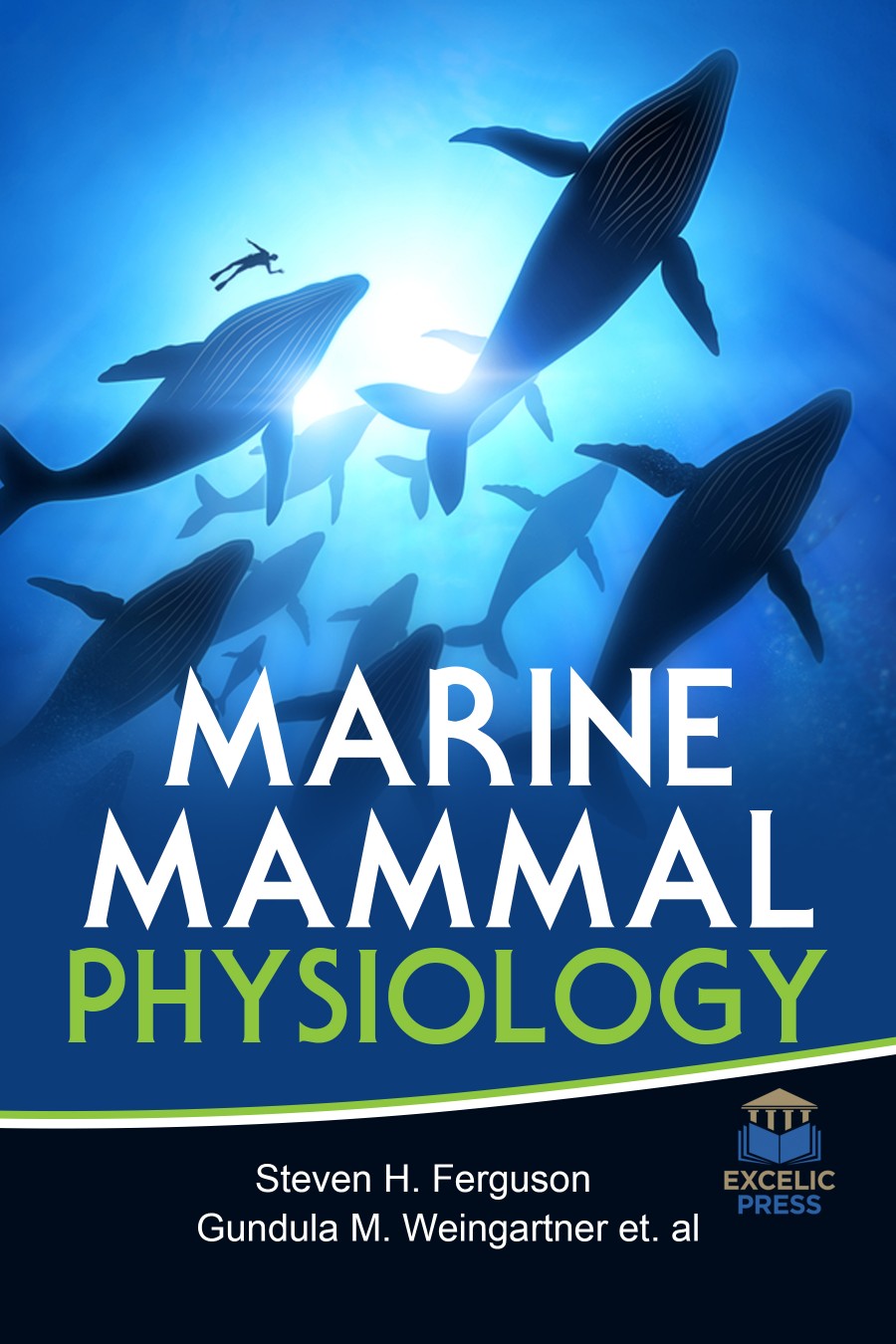Marine Mammals deal with a subject in which both a great deal of interest and a great need for realistic information is essential. Some marine mammals are significant renewable resources that can be harvested in a sustainable style; others are important components of the ecosystems. There are also species that are extremely few in number and very threatened. Marine mammals are charming animals and, in the international field, they are important for the environment and conservation. Similar to humans and other terrestrial mammals, dolphins and seals must breathe air and maintain a stable core body temperature in order to survive. Yet living in the ocean creates a paradox: marine mammals must hold their breath to forage and their aquatic environment rapidly steals body heat. Over evolutionary time, marine mammals have acquired amazing physiological adaptations to endure these challenges.
This book brings together the contributions of eminent researchers and scientists as well as authors in the field focusing heavily on marine mammals. It will explore the life history, physiology, and conservation of this fascinating group of mammals. Marine mammals undergo important circulatory changes during diving. In general, the structure of the heart of cetaceans and pinnipeds closely resembles that of other mammals. It covers the discussion of some of the possible structural and functional modifications of the lung which represent adaptations in mammals living in the sea. Lung capacities of marine mammals seem to be larger than terrestrial mammals especially if they are compared on a lean weight basis. This work also examines these other diving species as appropriate and reviews and relevant literature on these groups is included.













